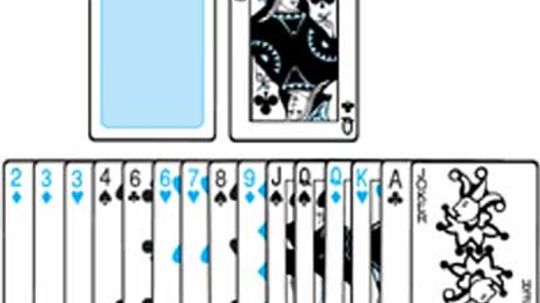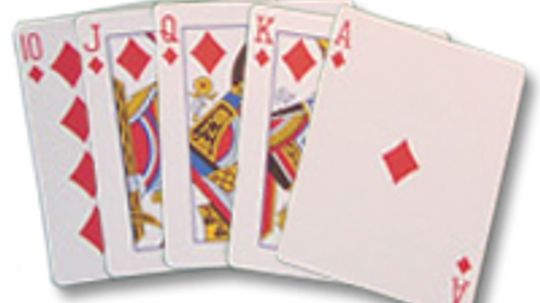Rummy Style Games
The Rummy Style Card Games are all about pairing and matching cards together. See how to play some of the most popular Rummy card games.
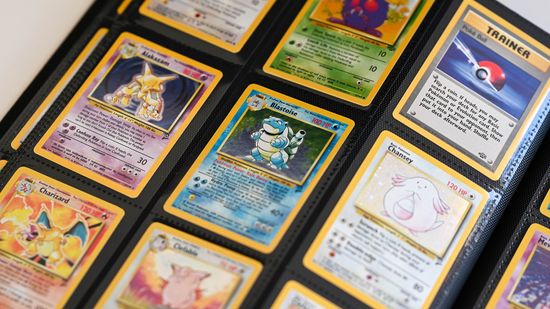
What Is the Rarest Pokémon Card? And Is It Worth $5.2 Million?
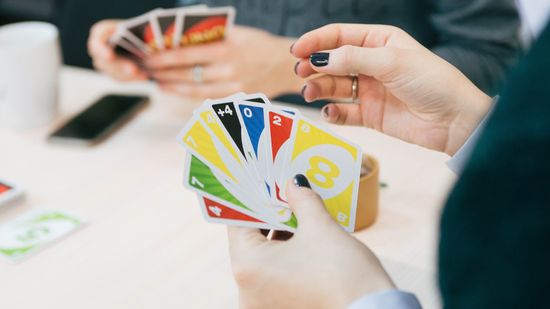
How to Play UNO: Official Rules Guaranteed to Surprise You
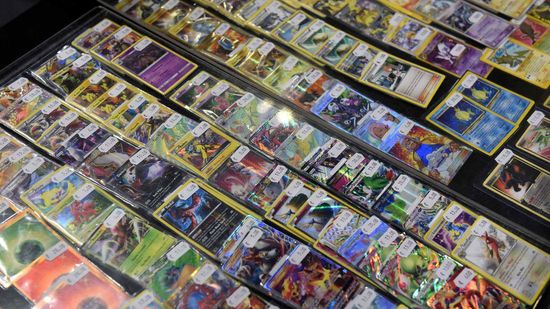
10 of the Most Expensive Pokémon Cards Ever Sold
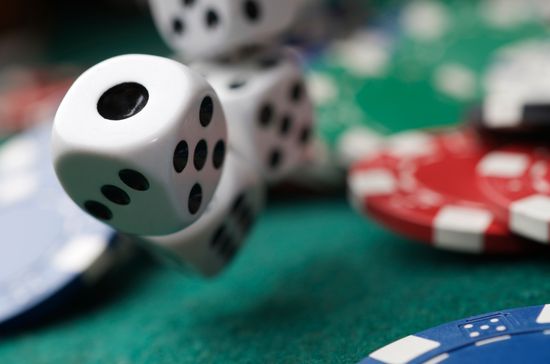
How do they test casino dice?

How to Play Keno
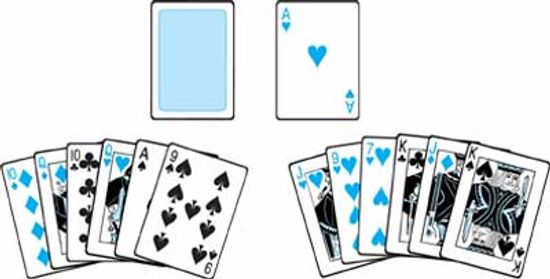
How to Play Klaberjass
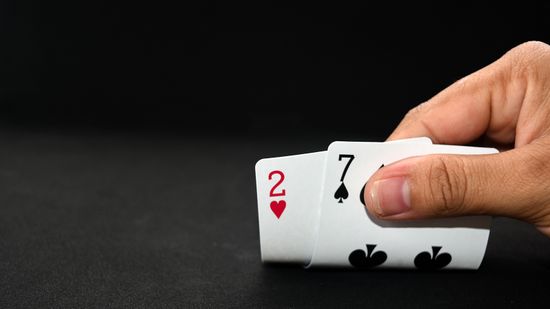
The Worst Hand in Poker (And Why You Should Always Fold It)
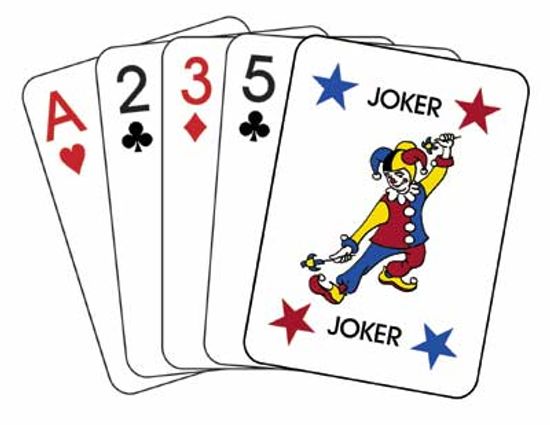
How to Play Draw Poker
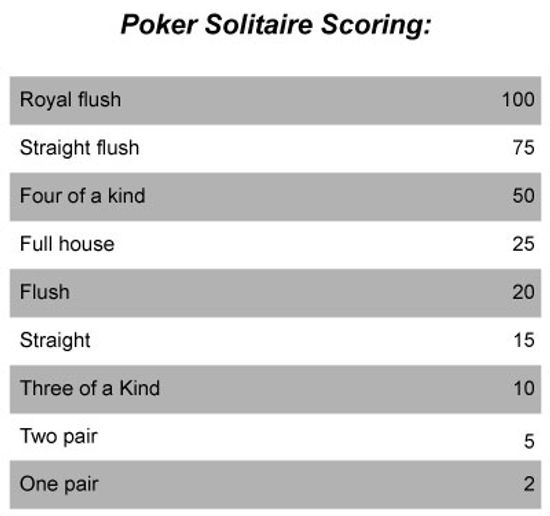
Poker Terms

How to Play Eleusis
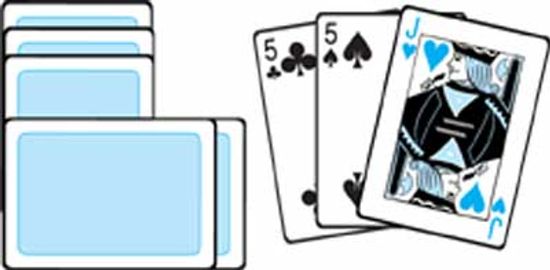
How to Play I Doubt It

How to Play Demon
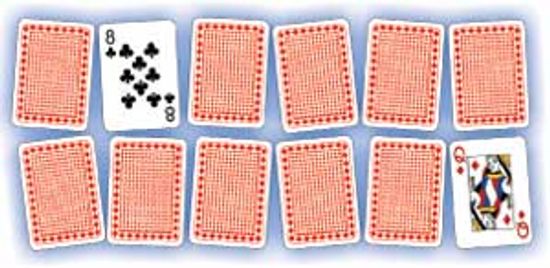
How to Play Concentration
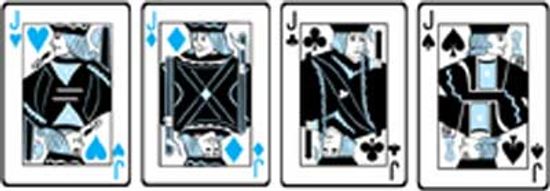
How to Play Knaves
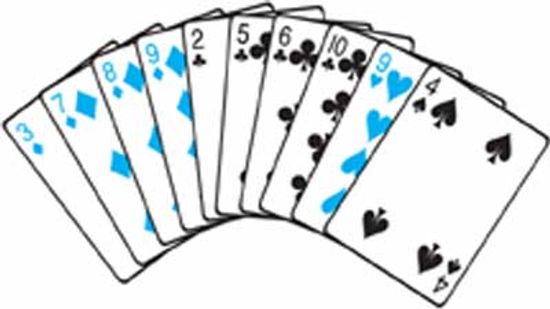
How to Play Michigan
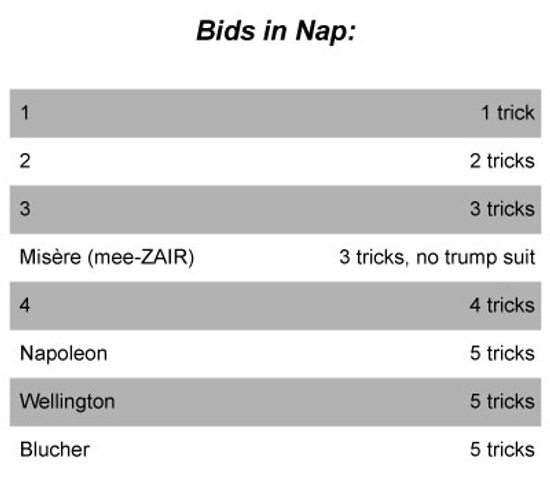
How to Play Napoleon
Learn More
Many of us think Old Maid requires a special pack of cards, but actually its ancestral form some 150 years ago likely used a regular pack minus one card. Learn to play.
Spell it Kalooki, Kaloochi, Kalougi, Caloochi, or Kalogghi -- this double-deck Rummy card game has been a longtime club favorite in America and Great Britain. Learn about the rules of Kaluki.
By David Galt
Canasta, the Spanish word for "basket," is a card game that evolved in Uruguay and spread across Latin America in the 1940s. Learn how to master Canasta and three other variations of the game.
Advertisement
Italian Canasta is a variation of classic Canasta, but in this version each player receives 15 cards. Learn how to conquer your opponents by being the first team to earn 12,000 points.
500 Rum, a popular version of Rummy, can be played by two to six players. Learn how to be the first player to score 500 points and win this card game.
Knock Rummy is a version of the ever popular Rummy card game. Learn how to be the first player to knock and stop play when your deadwood (unmatched cards) count is less than your opponents'.

